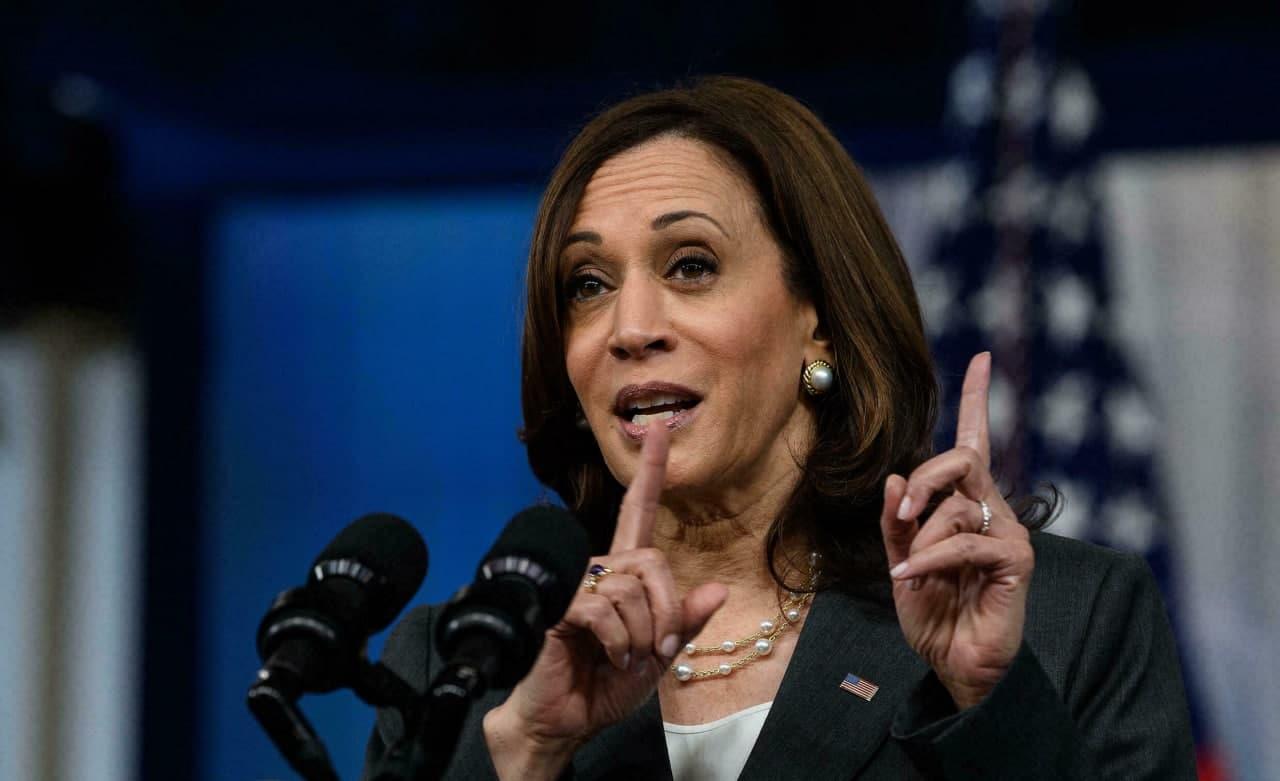SINGAPORE, Aug 23 (AP) — Vice President Kamala Harris will meet with Singapore’s president and prime minister as she kicks off a visit to Southeast Asia focused on strengthening ties with key allies in the region, a task complicated by the chaotic U.S. withdrawal from Afghanistan.
The trip, which brings Harris to Singapore and then later to Vietnam this week, is aimed at broadening cooperation with both nations to offer a counterweight to China’s growing influence in the region. She is expected to address economic and security issues as well as efforts to combat the COVID-19 pandemic.
After meeting with President Halimah Yacob and Prime Minister Lee Hsien Loong on Monday morning, the vice president will participate in a joint news conference, and later visit the Changi Naval Base, where she’ll speak to American sailors aboard the USS Tulsa, a combat ship.
On Tuesday, Harris will deliver a speech outlining the Biden administration’s vision for the region, and meet with business leaders to discuss supply chain issues.
The trip marks Harris’ second foreign trip — she visited Guatemala and Mexico in June — and will be the first time a U.S. vice president has visited Vietnam.
Singapore is the anchor of the U.S. naval presence in Southeast Asia and has a deep trade partnership with the U.S., but the country also seeks to maintain strong ties with China and a position of neutrality amid increasingly frosty U.S.-China relations.
Relations between the U.S. and China deteriorated sharply under Biden’s predecessor, Donald Trump, and the two sides remain at odds over a host of issues including technology, cybersecurity and human rights.
U.S. Secretary of State Antony Blinken and U.S. Defense Secretary Lloyd Austin made their first overseas trips to Japan and South Korea. Austin traveled to Singapore, Vietnam and the Philippines last month and he vowed U.S. support against Beijing’s intrusions in the South China Sea.
Harris is expected to emphasize the need for a free and open Indo-Pacific region in her conversations with Singapore’s and Vietnam’s leaders.
Alexander Feldman, president and CEO of the US-ASEAN Business Council, said Harris will have to be careful in her conversations with Singapore’s leaders not to focus too heavily on China, but to emphasize a positive, productive U.S. relationship with Singapore and Vietnam.
“Where she could fall into a trap is really trying to pit this as a U.S. versus China trip. it should be a U.S. trip to our friends and partners in in Southeast Asia,” Feldman said.
If China becomes the main focal point, he said, “that makes it harder for our friends to move forward across the region, not only in Singapore and Vietnam but beyond that.”
Indeed, Singapore Foreign Minister Vivian Balakrishnan said in a recent interview that Singapore will “be useful but we will not be made use of” in its relations with both countries, and the nation’s prime minister previously warned the U.S. against pursuing an aggressive approach to China.
Beijing, however, has seized on the visit, with China’s official Xinhua News Agency issuing an editorial Saturday on Harris’ trip portraying it as part of a drive to contain China.
Visits to Southeast Asia by senior Biden officials are aiming to “woo these countries to form a ring of containment against China. But Southeast Asian countries are reluctant to choose sides between China and the United States, and America’s ‘wishful plan’ will end in failure,” Xinhua said.
The U.S. approach is based on “outdated Cold War thinking and is intended to provoke troubles in their relations with China, create division and confrontation, and try to create a ring of containment,” the editorial said.
While Harris navigates the challenging diplomacy surrounding the issue of China, she’ll also face the task of reassuring key U.S. allies of America’s commitment to Southeast Asia, in the wake of the tumultuous Afghanistan exit. Images of desperate Afghans mobbing American plans leaving Kabul have drawn comparisons to images from the fall of Saigon at the end of the Vietnam War.
Harris’ aides have been careful to emphasize that while she remains deeply engaged on the situation in Afghanistan, the Southeast Asia trip was planned well before the recent events, and they say Harris’ work in Singapore and Vietnam is important independent of the developments in Afghanistan.





